Only those Americans whose heads were buried deeply in the sand could have missed the emergence and significance of the BLM movement. Yet, in spite of BLM’s prominence as a movement, its leaders remain unknown to many Americans.
Significantly, BLM leaders differ from twentieth-century leaders in the Civil Rights Movement (CRM). BLM did not originate in the black church, has no roots in Christian theology, is highly decentralized, organizes its protests around less-clearly-defined cases, and makes LGBTQ issues central to its platform. Additionally, some BLM activists are willing to approve of violence on behalf of the BLM cause.
Although BLM activists sometimes draw inspiration from elder statesmen such as Jesse Jackson or Al Sharpton, for the most part they reject those statesmen in favor of a new generation of leaders such as Alicia Garza, Patrisse Cullors, Opal Tometi, DeRay Mckesson, Brittany Packnett, and Aislinn Pulley.
Alicia Garza
Alicia Garza is the originator of the “Black Lives Matter” catchphrase. From Oakland, CA, she worked as a labor rights and LGBTQ rights activist in the San Francisco Bay area. She identifies herself as queer, and is married to transgender, biracial “male” Malachi Garza. She is just as outspoken against “hetero-patriarchy” within the Black Lives Matter movement as she is against anti-Black racism without.
Patrisse Cullors
Patrisse Cullors is an artist and activist living in Los Angeles, seeking reform of law enforcement institutions in light of violence against black individuals. She studied philosophy and religion at Univ. of Calif. Los Angeles. Along with Garza, she identifies as “queer.” She is outspoken against the Christian pro-life platform that, as she sees it, stands up for the life of the unborn while at the same time dehumanizes the sexual nonconforming.
Opal Tometi
Opal Tometi is based in New York. Her parents are first-generation Nigerian immigrants. She is the director of the Black Alliance for Just Immigration (BAJI), an immigration advocacy group. In the emergence of BLM as a movement, she played a unique role as the one who developed its social media platform. Currently she serves as an adviser to BLM as she continues her full-time directorate of BAJI.
DeRay Mckesson
DeRay McKesson is not officially associated with the Black Lives Matter organization, but he is part of the movement nonetheless as a prominent social media activist. He was an administrator in the Minneapolis, MN, school system before leaving his job to join a freedom ride to Ferguson, MO. Ever since he has worked as a full-time activist organizing protests and giving voice to various political aspects of the Black Lives Matter movement. He was invited to the White House along with several other Black Lives Matter activists in July of 2016 to discuss police reform.
Brittany Packnett
Brittany Packnett emerged in the public eye during the Ferguson, MO, protests, but is more well-known now as a co-founder of Campaign Zero, an activist organization focused on ending police violence against minorities. She is calling for an end to the “Broken Windows” policing practice that metes out strict penalties on minor crimes in an effort to curb violent crime across communities. She protests the “militarization” of policing, which includes the utilization of military-style equipment and tactics in police forces, such as assault gear and body armor, armored vehicles, camouflage fatigues, etc. Campaign Zero have seen their policies embraced and implemented across several states and at the federal level.
Throughout her activism, her focus is to see communities changed “inside out” rather than from the “outside in” through the work of policing. She states that she is committed to “pressure peacefully”, and is focused on helping people “figure out this intersection of love and power. I really want to help people figure out what it means in their own lives, what it means in how we shift institutions, what it means for how we shift this education game, what it means for how we ensure that the truth is being told and protest on the streets translates into real policy change.”
Aislinn Pulley
Pulley is the lead organizer of Black Lives Matter Chicago, which was founded in 2014 as part of the “Freedom Ride to Ferguson” in 2014. Invited to participate in Obama’s Task Force on 21st Century Policing, Pulley publicly declined, citing that working alongside the current government “would only serve to legitimize the false narrative that the government is working to end police brutality and the institutional racism that fuels it.” Like Packnett, she is outspoken against the militarization of the police forces of American cities, but unlike Packnett, her solution bypasses roundtable discussion for direct action because she is unwilling to sit at the table with government oppressors. She wants a social revolution rather than a reformation or reparation.
Decentralized Leadership
Having provided brief profiles of some of the official and unofficial leaders of BLM, we must remember that one of BLM’s defining characteristics is its intentionally decentralized leadership structure and its emphasis on grass roots activism. While there are many BLM chapters, BLM should be viewed less as an organization and more as an ethos; less as a well-defined ideology and more as a loose coalition of groups and activists who have varying agendas and tactics.
Whereas the Civil Rights Movement witnessed a strong and clearly-defined core leadership that worked on a platform of strict non-violence, Black Lives Matter sees greater strength in decentralization. However, this decentralized approach comes at the cost of uniform ideology and cohesive tactics. Further, it can backfire because individuals operating under the BLM banner are not strictly accountable to a core leadership, and thus there is little way for leaders to distance themselves from events or behaviors that transgress their core beliefs and preferred tactics.
[Note: The current post is the fourth installment in a six-part series on the #BlackLivesMatter movement, including a brief history of BLM, a summary of BLM ideology, a portrait of BLM leaders, a response to FAQs about BLM, and an evangelical evaluation of BLM.]
Subscribe
Never miss a post! Have all new posts delivered straight to your inbox.

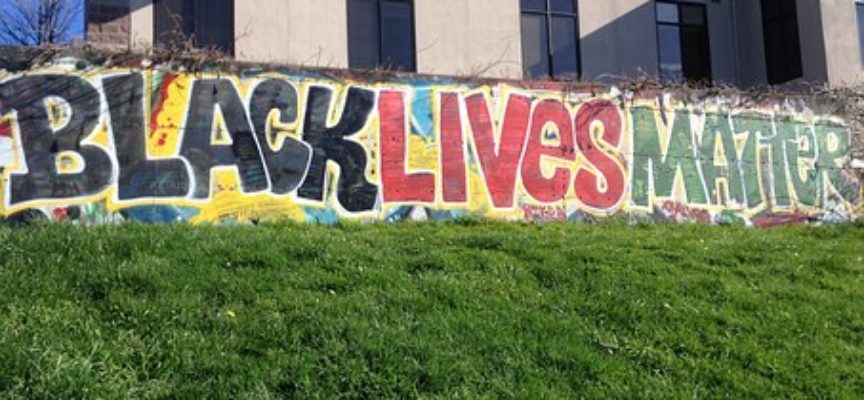
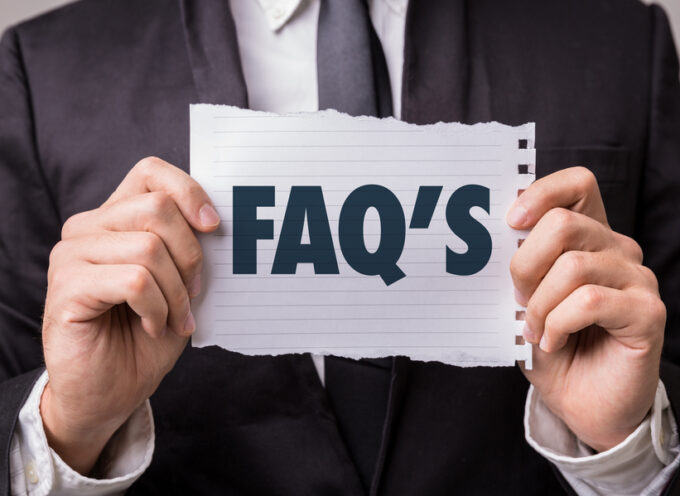
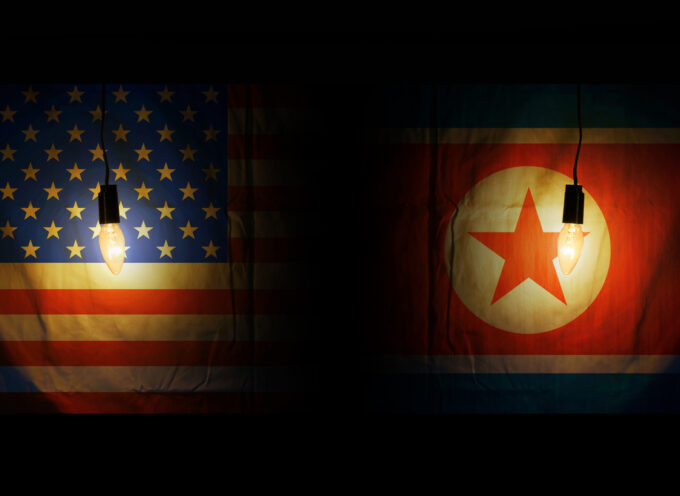

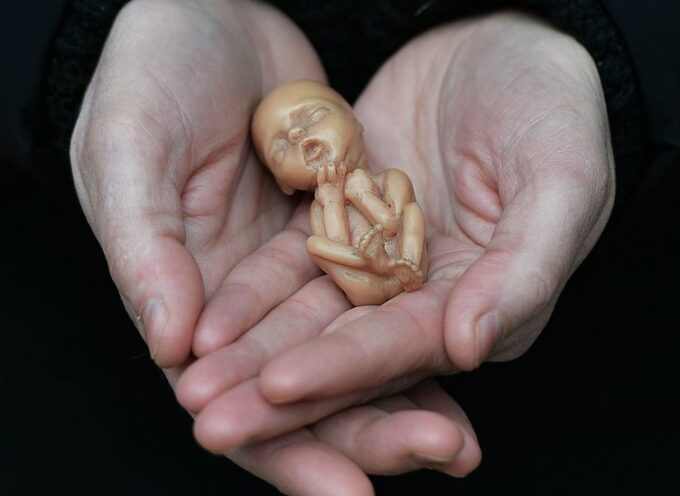
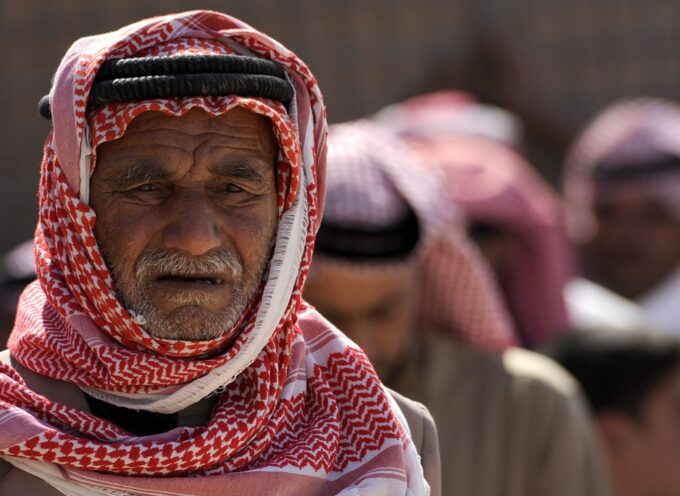
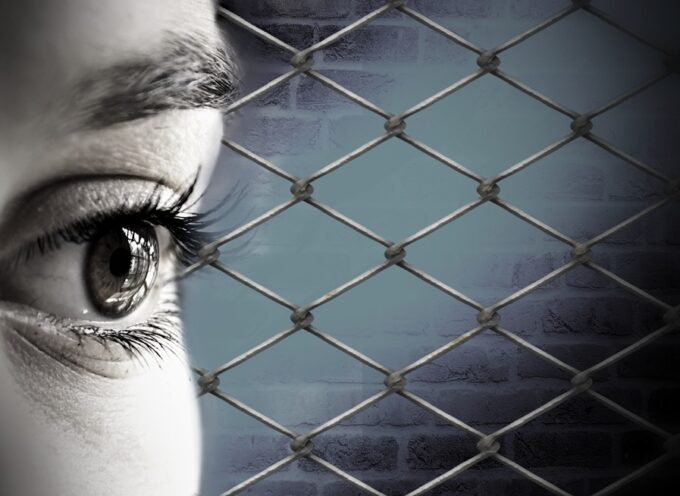
You assert that BLM has no roots in Christian theology. Yet, didn’t Jesus specifically bless “those who hunger and thirst for justice?” And aren’t the Beatitudes part of Christian theology? Beyond the universal, inborn human longing for justice and security, might not the members of the BLM movement see some parallels between themselves and the Jews of Roman Judaea? Surely the argument that the movement did not originate in the black churches does not preclude its adherents from having been individually influenced by Judaeo-Christian ethics.